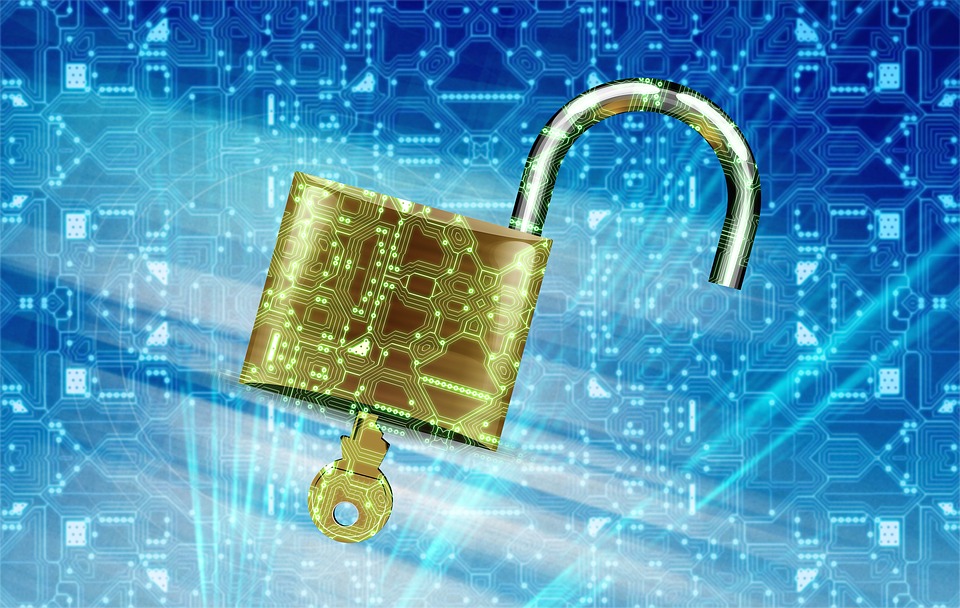There seems to be a fresh security breach in government, industry, or business pretty much every day, and the media is very quick to jump all over these kinds of stories. The reasons are clear – how can consumers and citizens trust an organisation that doesn’t have sufficient safeguards in place to protect personal data or sensitive information? These stories are usually focused on big business and national or global organisations because many more people could be affected by such a breach. Small business security problems should be viewed just as seriously, for although there may be fewer people involved, the effects on individuals can be just as damaging.

IT security
When computers and electronic communications perform such a fundamental role for most businesses, being able to secure your IT systems must be a priority. Following basic security requirements is the logical place to start; having antivirus software, applying updates and patches, using firewalls, and having everything protected with password encryption. In addition, small business owners or the IT outsourcing team they have employed need to keep up to date with new threats and act to ensure the security of the system. Backing up your data is another essential requirement, in case of threats from physical damage to your systems or a virus attack. Backup hardware and cloud backup systems are both viable options and should be part of your security routine. If you do encounter any loss of files because of system malfunction, consult an expert in data retrieval like Secure Data Recovery.
Personnel Security
Staff used to be the main security risk for organisations, and although the focus has now become centered on electronic systems, the role of personnel is still critical. Computer breaches don’t happen by accident; there has to be a guiding hand at the source. You need to be thorough in carrying out background checks when hiring staff and make sure you have supervisory systems in place at all levels so that no one person has exclusive access to any one system. The idea is not to create an atmosphere of mistrust – being able to trust your staff is important for the efficient running of your business and staff relations. However, you shouldn’t put anyone in the position of having totally unsupervised access without checks and balances in place.
Premises security
Keeping your building, office, workshop, or any premises you use secure is a basic requirement that should be factored into your business plan. Using appropriate security systems for the type of business you own should be a priority, whether that involves locks and bolts, security cameras, security software that tracks users, or product security tagging systems; you need to have the appropriate security for your business and its physical assets. If you are unsure of the best systems to put in place in your situation, use an independent security consultant to assess your business and advise you on the best course of action.
It may not be the most exciting aspect of your work, but keeping your assets and data secure is one of the most important things you can do to ensure the safety and viability of your business.
